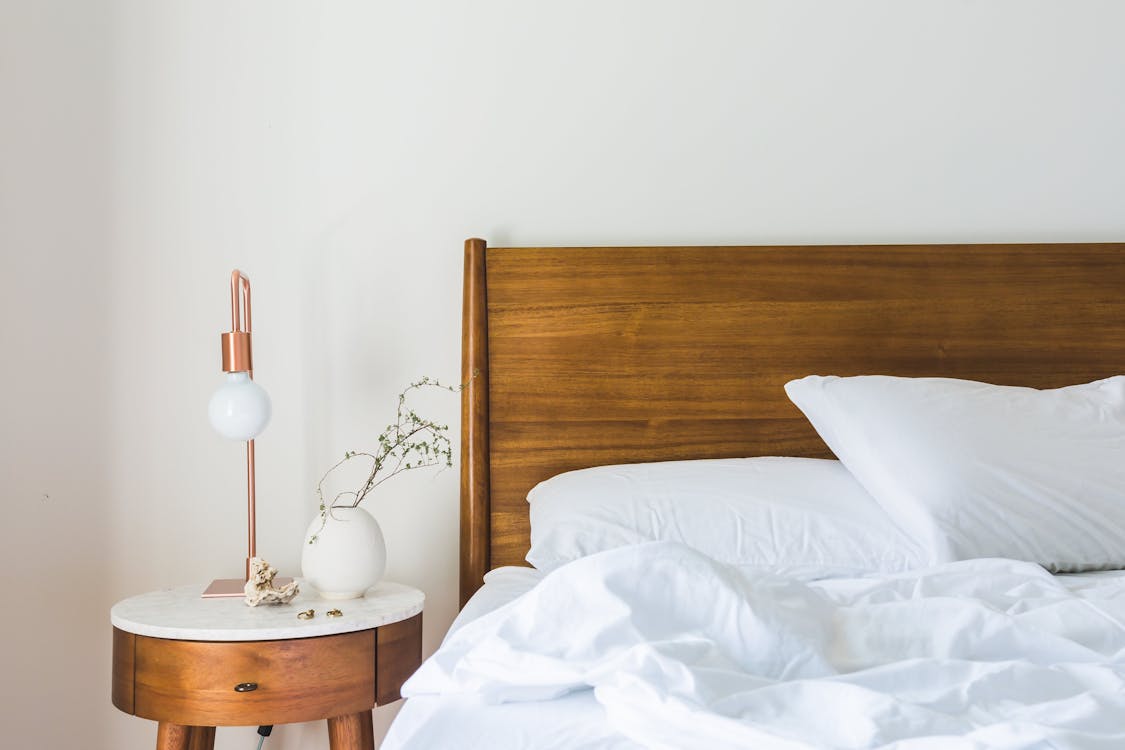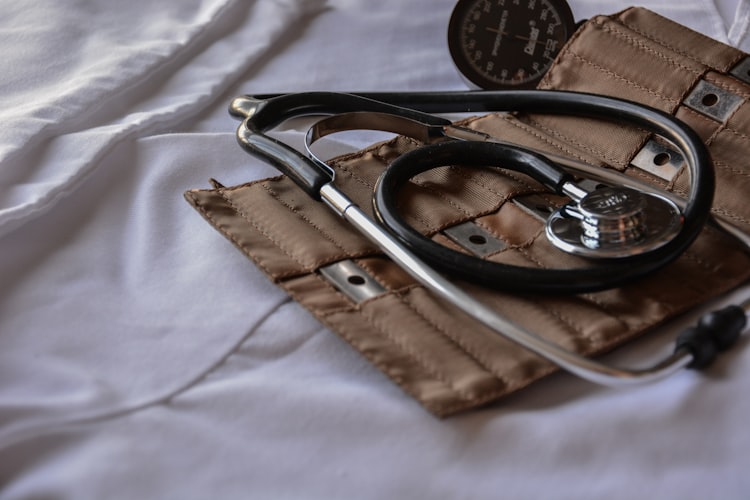Using a CPAP machine can be a big adjustment, but it can make all the difference for people who suffer from obstructive sleep apnea. By providing a consistent flow of pressurized air throughout the night, a CPAP machine will prevent the interruptions to breathing that are so characteristic of sleep apnea.
To get a CPAP machine, however, you must first obtain a prescription from a sleep specialist. This is perhaps part of the reason why the vast majority of sleep apnea cases remain undiagnosed. People simply don’t realize that their sleep troubles are related to this disorder, and so they don’t do anything about it.
This can have serious consequences. Sleep apnea has been linked with heart disease, type 2 diabetes and weight gain, and even traffic accidents caused by excess fatigue.
Identifying when you need a CPAP machine to treat obstructive sleep apnea could actually save your life. The following are common symptoms you should watch out for that indicate you may have this disorder.
1. Others Complain of Loud Snoring

While occasional snoring (such as when you are congested with a sinus infection) isn’t necessarily linked to sleep apnea, extremely loud snoring is often a direct result of this disorder. If a spouse or roommate complains that your snoring is loud enough to wake them up at night, sleep apnea is likely to blame.
This snoring tends to be loudest when sleeping on your back, and periods of loud snoring may be punctuated by periods of silence. This is different from when you are congested, when snoring will typically be more consistent throughout the night.
Similarly, those who share a room with someone who has sleep apnea often report intermittent pauses in breathing followed by the sleeper making gasping or choking sounds. These are clear indicators that the individual is undergoing a sleep apnea episode, in which the body forces the sleeper to wake up after breathing stops.
2. Dry Mouth, Sore Throat, and Headaches in the Morning
Sleep apnea often results in a variety of seemingly minor morning ailments. A dry mouth or sore throat are especially common, and are actually linked to acid reflux that occurs during sleep apnea. Pauses in breathing create a type of vacuum that trigger acid reflux when the person starts breathing again.
Many who suffer from sleep apnea will also experience headaches in the morning. This happens because blood vessels around the brain dilate when oxygen levels drop during sleep apnea. This dilation is what causes headache pain. As oxygen levels return to normal in the morning, the headache gradually fades away.
3. Daytime Sleepiness

Sleep apnea essentially forces your body to wake up to restart the breathing process. Most people fall back asleep almost instantaneously, so they don’t remember these incidents in the morning. However, those with severe sleep apnea may experience upwards of 30 awakenings per hour during the night.
These interruptions keep you from getting the deep sleep your body needs to feel fully rested. As a result, you’ll consistently feel tired, even if you think you got the recommended seven to nine hours of sleep. Daytime drowsiness often becomes so severe that individuals are likely to fall asleep while watching TV, at work, or even while driving.
As Dr. Andrew Wellman, director of the Sleep Disordered Breathing Laboratory Brigham and Women's Hospital notes in an interview with the Harvard Health Blog, “It's not just fatigue. It's marked by heavy eyelids during the day, and nodding off when you want to stay awake.”
4. Mood Changes
Getting a good night’s sleep doesn’t just improve energy levels — it also has a direct impact on your mental and emotional health. As a result, the nighttime interruptions caused by sleep apnea can cause significant mood changes.
Depression and irritability have both been closely linked to sleep apnea. In fact, studies have found that as many as 46 percent of people with obstructive sleep apnea also experience depression.
If allowed to persist, these conditions can have a dramatic negative effect on your relationships with others, your self-esteem, and other crucial areas of your life. Individuals with untreated sleep apnea also frequently experience trouble concentrating, which can make it hard to focus on crucial tasks at work.
5. High Blood Pressure

If a doctor’s visit reveals that you have high blood pressure and you’ve also been experiencing fatigue, sleep apnea could be to blame. The decrease in oxygen that occurs during sleep apnea will naturally raise your blood pressure, which in turn increases your risk for heart attack, atrial fibrillation, and other serious complications.
Notably, sleep apnea has been closely linked with “resistant hypertension,” in which typical treatments for high blood pressure prove ineffective. If you have been undergoing treatments for high blood pressure without any improvement to your condition, sleep apnea could be a contributing factor.
Catch the Signs Early
The sooner you identify your symptoms and schedule a sleep study, the sooner you can start receiving necessary treatment to address your obstructive sleep apnea.
Of course, a diagnosis and a prescription for a CPAP machine aren’t enough on their own. You need to invest in high-quality equipment — and Help Medical Supplies is ready to help. With discounted pricing on top brands like ResMed and Philips Respironics, we make it easy to get the right CPAP equipment for your needs, even if you don’t have insurance coverage.
You don’t have to suffer from poor sleep any longer. With a CPAP machine from Help Medical Supplies, you can actually feel rested in the morning and feel happier and healthier.

